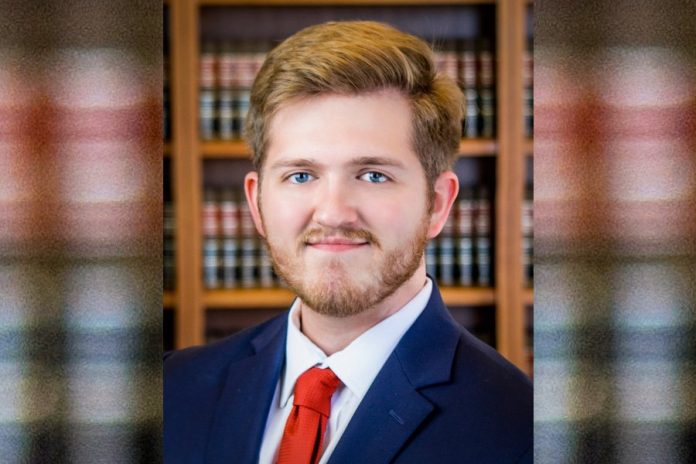The turn of the calendar offers everyone an opportunity to reflect on their decisions in the prior year and to make resolutions for the year to come.
Drop a few pounds, switch careers, or maybe master a language or an instrument – whatever the resolution, our odds of completing it are not great. Researchers at the Fisher College of Business at Ohio State University found that only about 9% of people who make a resolution keep one.
They offer several reasons why: lack of accountability, goals that are too large and should be split into more achievable chunks, or the resolution is a matter of tradition and not an urgent need.
According to Forbes, most resolutions only last about 3.74 months. Interestingly, action-based goals are 12% more likely to be successful in a year than avoidance-based goals. Instead of swearing off chocolate, promise to go to the gym three or four times a week and to eat a balanced diet of vegetables, healthy fats, and proteins.
A Stanford professor suggests micro-goals, such as one push-up per day or practicing an instrument for only 30 seconds each day. This helps establish habits which can be used as a foundation for further development rather than an abrupt and aggressive change in behavior which is harder to sustain.
A lot of people don’t have estate planning documents, or haven’t updated theirs in some time. A resolution to either draft a will or update an existing will is much easier to achieve than becoming a polyglot or musical prodigy, and will help those around you as much as it helps yourself. Experienced attorneys at Hammerle Finley can help you accomplish such a resolution.
Bryce Griffin is an attorney at Hammerle Finley Law Firm, a boutique law firm offering services in estate planning, probate, guardianship, business law, litigation, and real estate. Contact him at (972) 436-9300. This article does not constitute legal advice.
(Sponsored content)




 GIF.gif)














